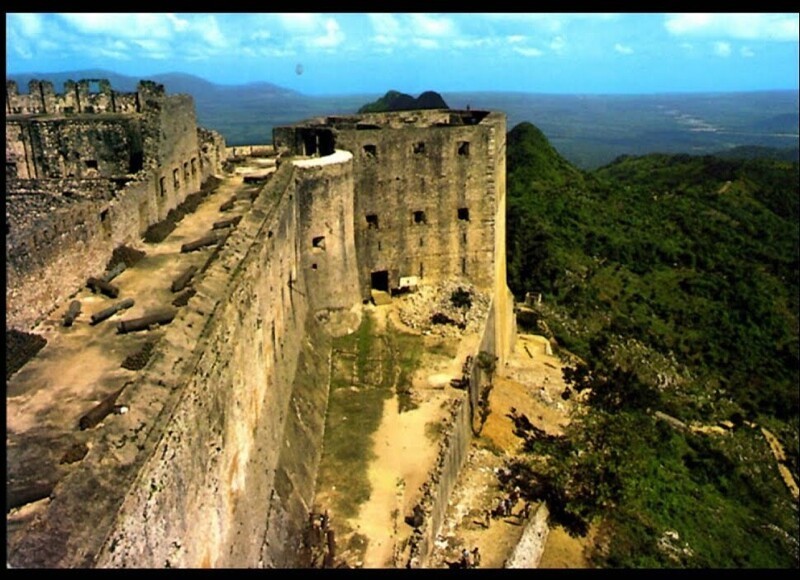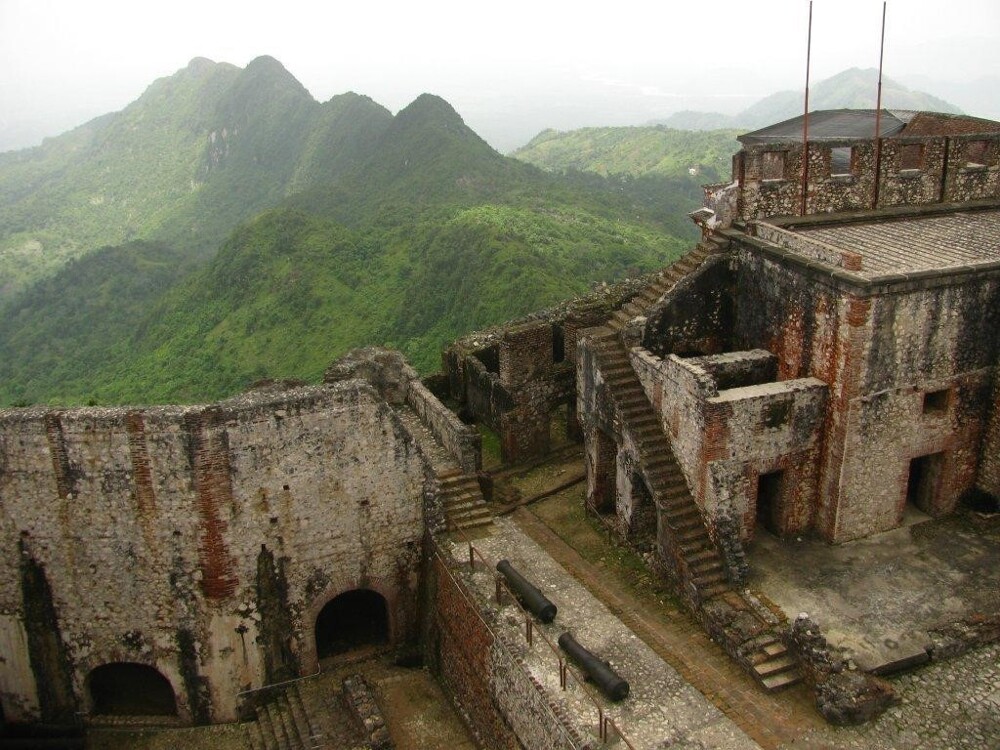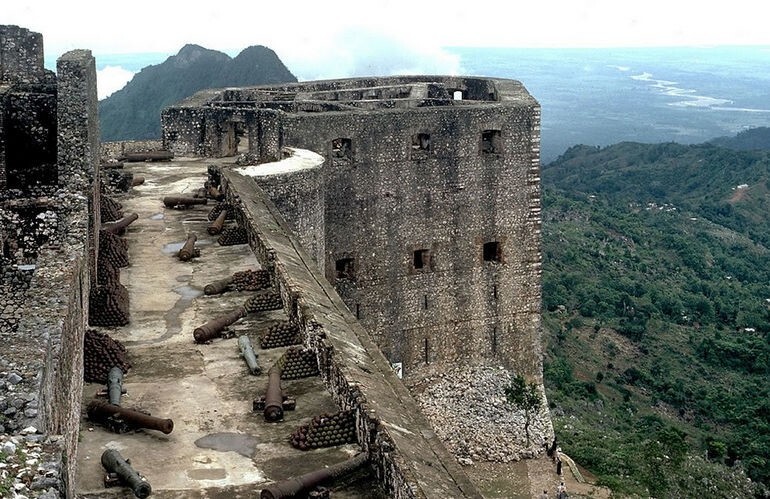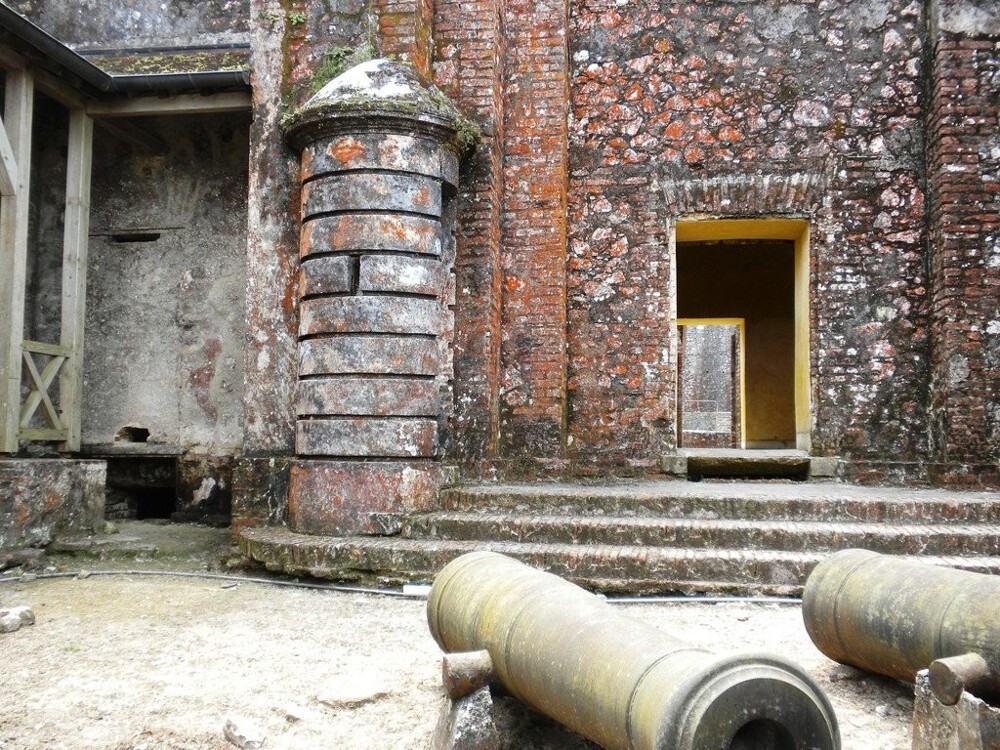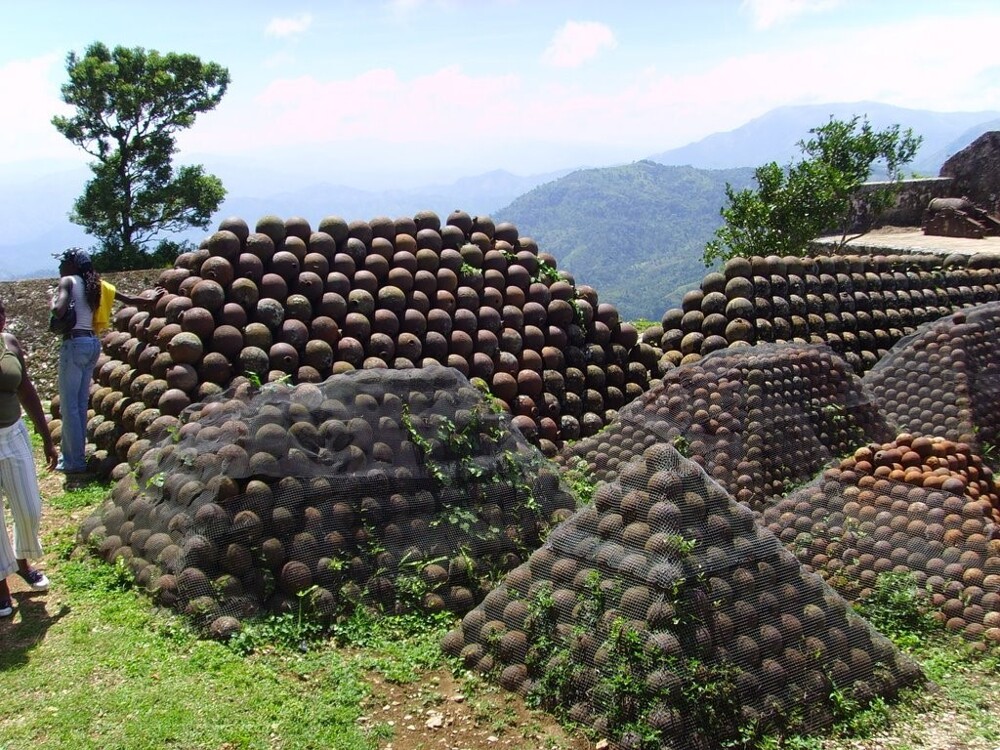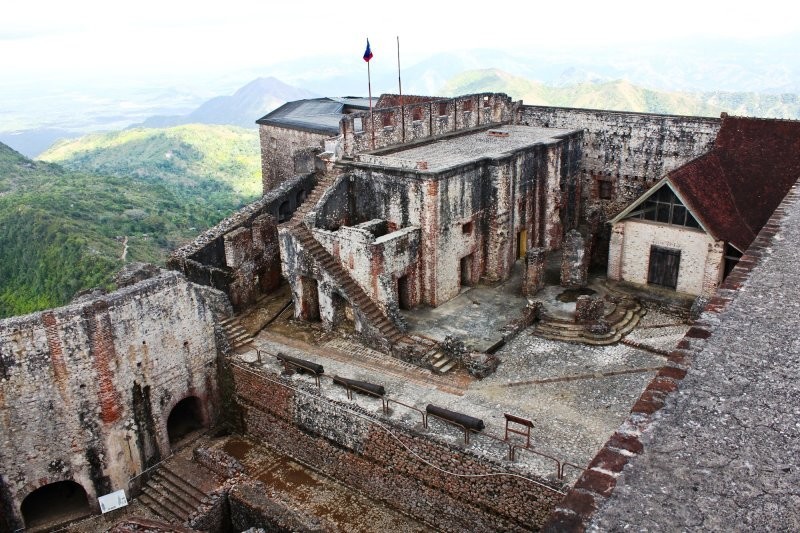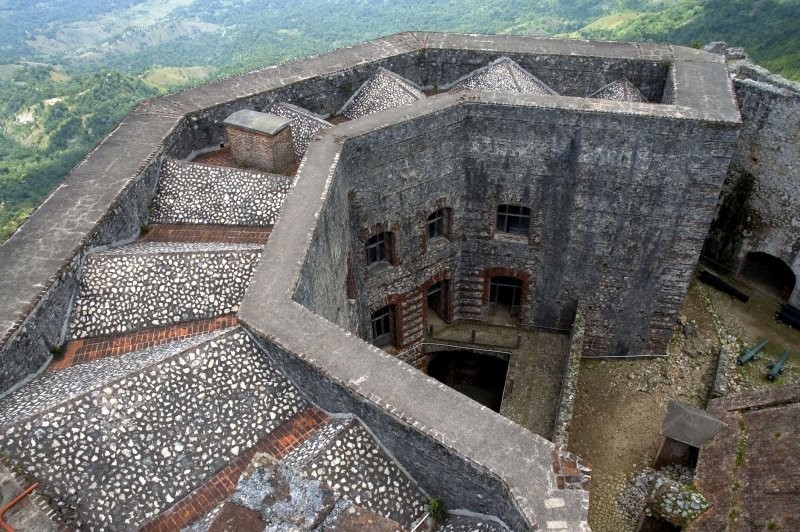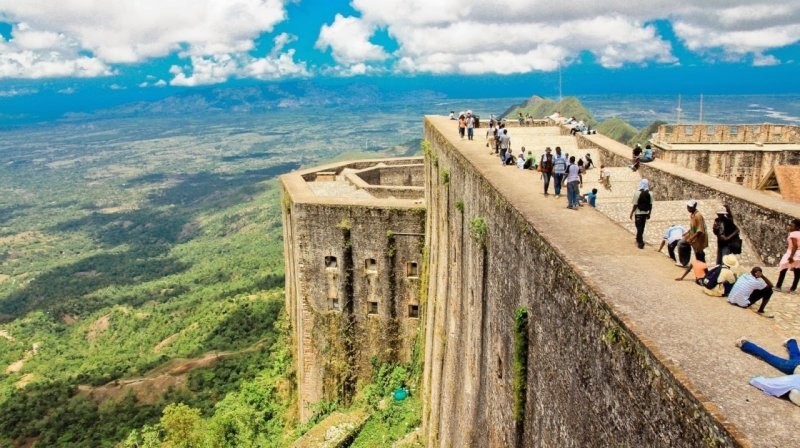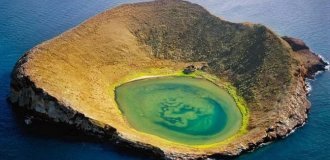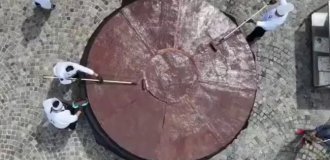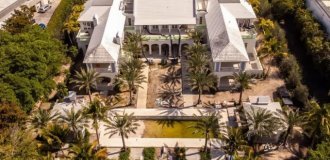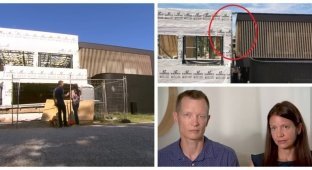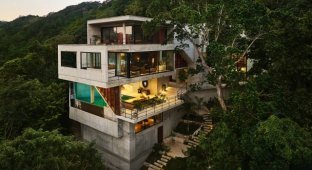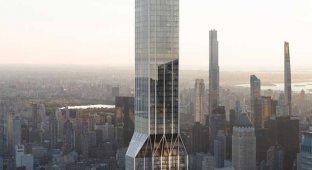La Ferriere Citadel - the pearl of Haiti's defense system (14 photos + 1 video)
Haiti is a very poor country. And at first glance it may seem that this structure, so solid and fundamental, simply cannot be located here. But this is only for the first time. 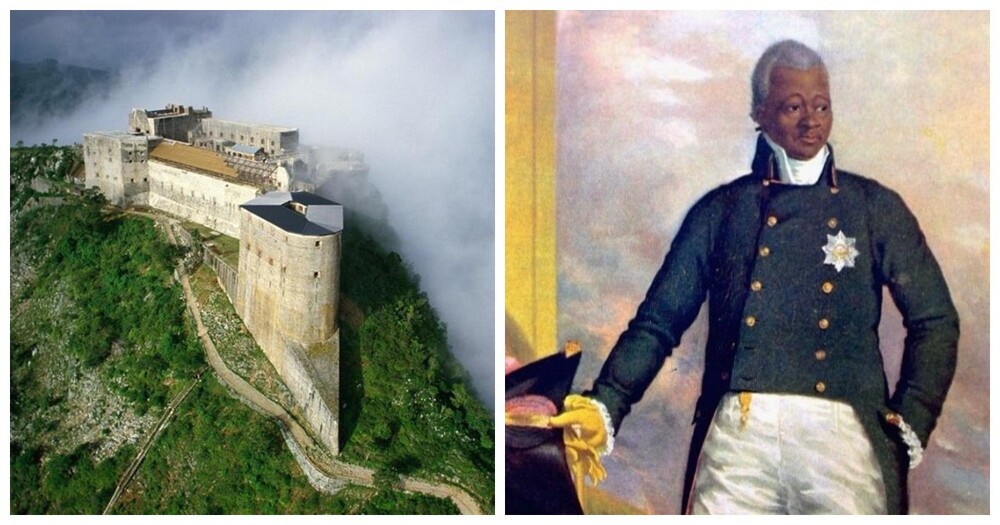
This legendary fortress was once the crown jewel of Haiti's national defense. Not too often, but war can give rise to objects of art. And, perhaps, the most productive direction in this regard is architecture. 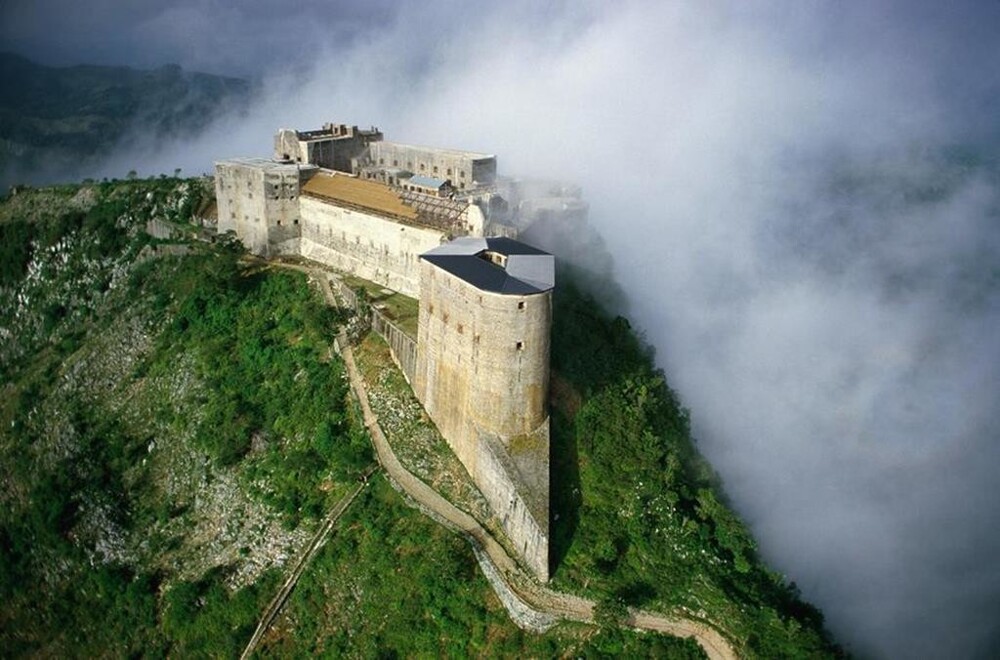
The Citadel of La Ferrière in Haiti is a clear example of this. Like other fortresses built before the 20th century, the concept of the Citadel (it was built between 1804 and 1817), as local residents call it, is striking in its impressiveness. 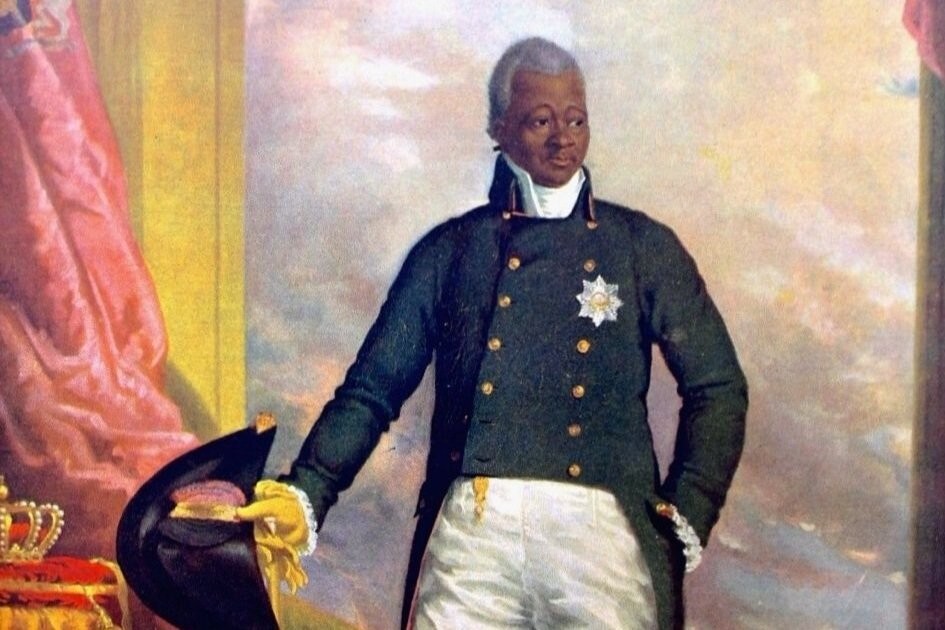
Henri Christophe - King Henri I
Each element of the fortification built on the top of the mountain clearly demonstrates both defensive strategy and technical innovation. The fort, whose construction was supervised by Henri Christophe, a former slave, Haitian military man, and later king, had living quarters and warehouses designed to support 5,000 defenders for a whole year. If you drive along the mountain road, it becomes clear that each side of the citadel is unique in its own way - this is not a banal castle in the shape of a brick.
At the rear there is a standard cylindrical shaft - a curved wall designed to deter an enemy attack and prevent it from being overcome. 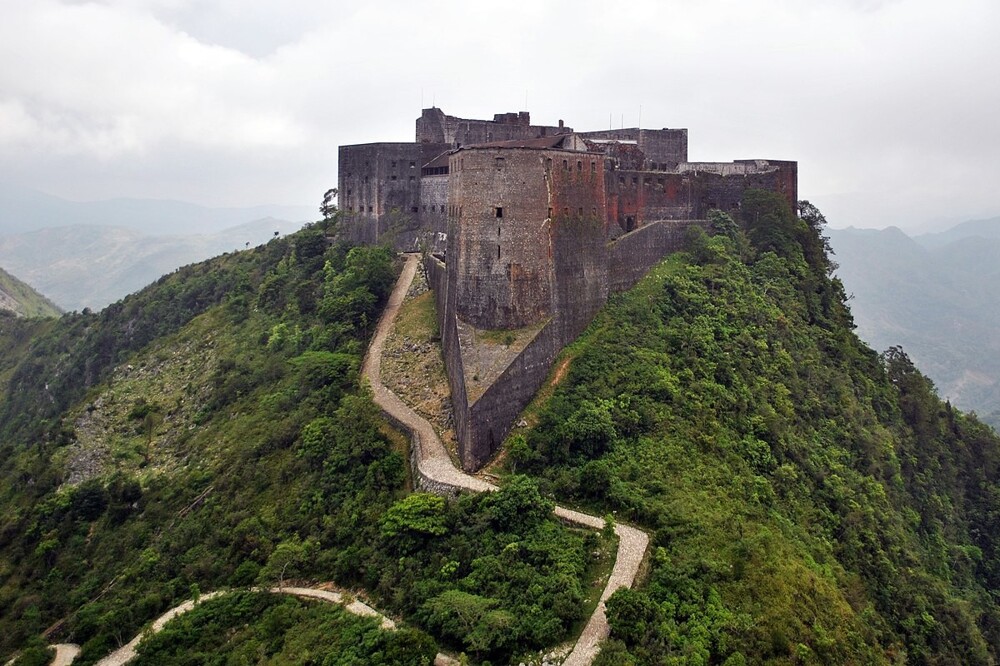
The side walls drop straight down to the sheer slope. This shape makes attacking from this angle almost impossible. But it's the outer wall that's truly impressive—sharp and triangular, slicing through the slope like an arrowhead and providing minimal access to would-be attackers. 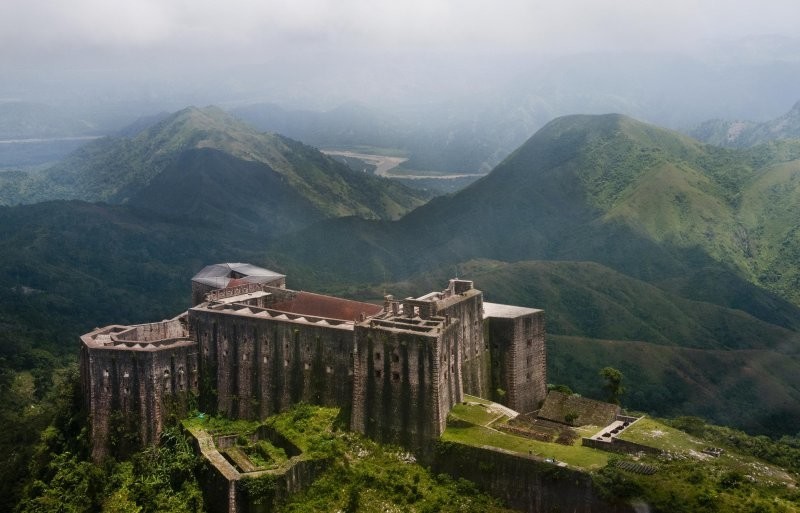
Even the location itself has strategic importance - high ground is seen as an ideal place for defense, but nowhere is this more important than on an island as tiny as Haiti. Classical coastal fortresses would have been vulnerable to attack from the sea. The construction of forts on mountain tops was not just a whim of the Haitians - it was a vital necessity. The citadel never realized the specified potential of the defensive structure. It was built to protect against the possible return of the French army, who wanted to re-enslave the recently liberated Haitian people. But the French never returned. 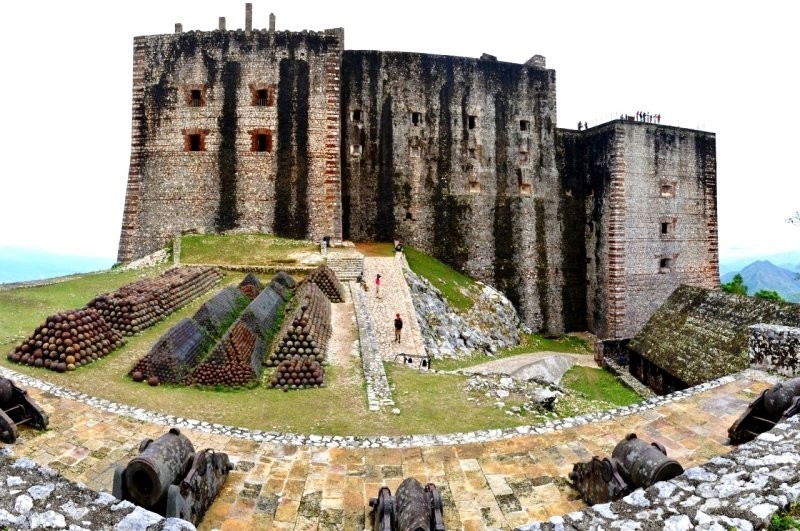
Now the grandiose structure is a major tourist attraction, declared a national park and an official UNESCO World Heritage Site. La Ferriere is depicted on banknotes and stamps. Somewhere on its territory, the initiator of the construction, Christophe, remained, whose supporters secretly buried his body after suicide in 1820. And all 365 guns remain silent, serving as a formidable reminder of the strength of a small, poor country ready to fight for freedom. 